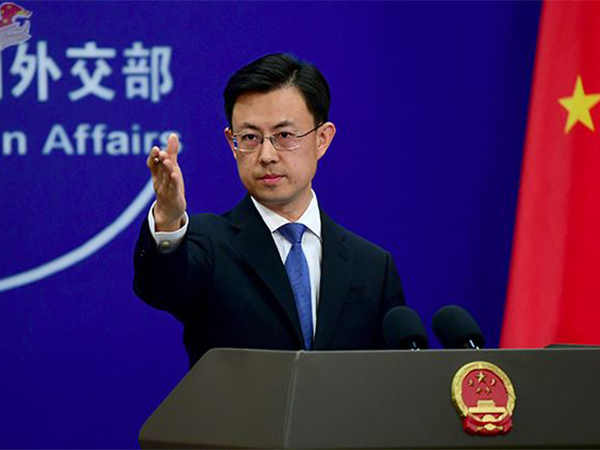Sri Lanka's foreign exchange crisis gets compounded by China's debt-trap diplomacy
Jan 12, 2022

Colombo [Sri Lanka], January 13 : Sri Lanka's foreign exchange crisis is compounded by its inability to meet the financial obligations initiated in co-operation with China on several projects.
Sri Lanka is currently grappling with a severe foreign exchange crisis and facing a daunting 2022 to meet maturity obligations of International Sovereign Bonds (ISBx) debt of over USD 8 billion in projects including Hambantota Port have forced Colombo to incur losses instead of generating revenue, according to Singapore Post.
The Belt Road Initiative extended commercial loans for infrastructure projects without strict conditionality, normally imposed by multilateral development banks which lured Sri Lanka into the financial crisis.
Earlier, analyzing Sri Lanka's debt pattern, a recent report (Oct 2021) by the United Nations Conference on Trade and Development (UNCTAD), stated that the country has suffered from a lack of long-term finance for manufacturing and infrastructure.
Combined with a liberal trade regime, this led to a balance of payment crisis, currency devaluation and dependence on foreign loans. Sovereign bonds repayments cannot be easily negotiated or restructured, which is causing uneasiness among the policymakers, Singapore Post reported.
The Sri Lankan government is primarily relying on China for all kinds of support. Following the fertilizer ban, it relied on the import of Chinese organic fertilizers. This was also entangled into controversy due to quality and contamination issues. To make matters worse, China pressurized the Sri Lankan government to pay USD 7 million as out-of-court settlement as compensation, amidst forex crisis, as observed by Singapore Post.
Earlier, the crisis forced the Sri Lankan government to announce a USD 1.2 billion worth new economic relief package to the agitating farmers and general public including government employees and pensioners.
Meanwhile, Sri Lanka is currently resorting to Foreign Currency Term Financing facilities and Line of Credit (LoC) for import of essentials from friendly and neighboring countries, as pointed by Singapore Post.

















